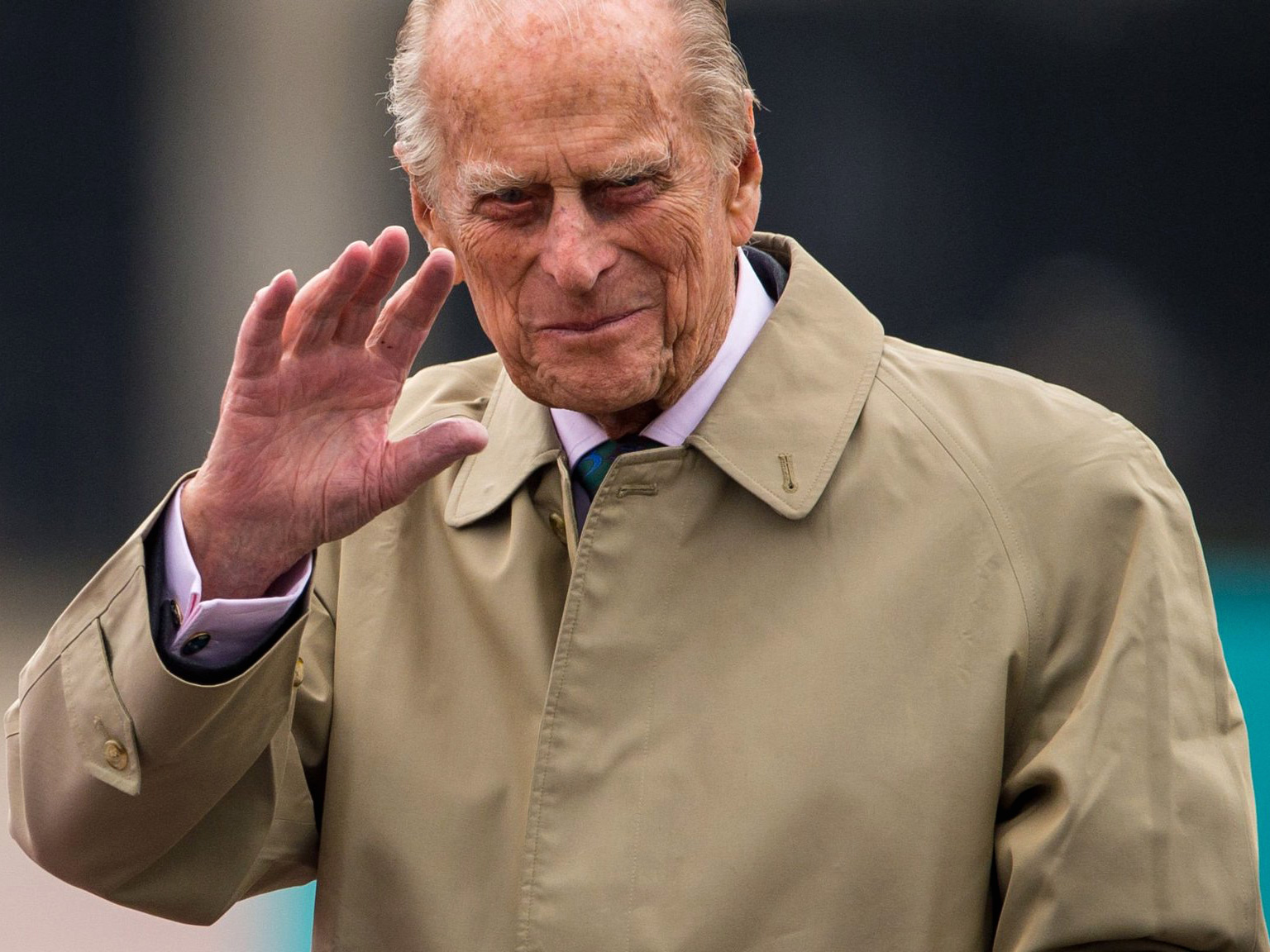

Observers said he was the glue that held the royal family together during a series of divorces by three of his four offsprings
Prince Philip, who announced on Thursday he was stepping back from public life, has been Queen Elizabeth II’s loyal consort for almost 70 years but has often hit the headlines for his salty off-the-cuff comments.
The 95-year-old has attended countless British and foreign engagements, as well as being patron or president of almost 800 organisations.
Officially known as the Duke of Edinburgh, the gaffe-prone former Royal Navy officer has often been in the news for the wrong reasons.
But the queen emphasised his importance in a 1997 speech marking their golden wedding anniversary, saying he “has, quite simply, been my strength and stay all these years”. Observers said he was the glue that held the royal family together during a series of divorces by three of his four offspring. The late Princess Diana addressed him as “Dearest Pa” in letters in which he offered solace over her deteriorating marriage to his eldest son, heir-to-the-throne Prince Charles.
Philip met the then Princess Elizabeth just before the outbreak of World War II, and they exchanged letters while he served with the Royal Navy in the Mediterranean and the Pacific.
After their marriage in 1947, they spent time in Malta, where he was posted — only for their lives to be changed overnight by the premature death of her father, king George VI, in 1952. He once admitted the curtailment of his career was “disappointing”, but said that “being married to the queen, it seemed to me that my first duty was to serve her in the best way I could”. Philip was an early champion of the conservation movement, serving as the first president of the British branch of the World Wildlife Fund (WWF) from its foundation in 1961 to 1982.
He also gave his name to the Duke of Edinburgh’s Award, a youth achievement scheme offering a range of physical and mental challenges to build confidence and life skills. Since it began in 1956, more than eight million young people have taken part — although he has insisted its success has little to do with him.
He also has a keen interest in scientific and technological research and development.
In a rare interview to mark his 90th birthday, the prince admitted he had carved out his role by “trial and error”.
“There was no precedent. If I asked somebody, ‘What do you expect me to do’ they all looked blank.
They had no idea,” he told the BBC.
The self-described “cantankerous old sod” is well-known for his unvarnished humour, which endears him to some but has been diplomatically embarrassing.
“You managed not to get eaten, then” was one typical remark to a British student who had trekked in Papua New Guinea in 1998. And on a historic state visit to China in 1986, he warned a group of British students: “If you stay here much longer, you’ll all be slitty-eyed.”
Philip was born on a kitchen table on the Greek island of Corfu on June 10, 1921, the only son of Prince Andrew of Greece — the younger brother of Greece’s King Constantine — and Princess Alice of Battenberg. Aged just 18 months, his family were evacuated on a Royal Navy ship from politically unstable Greece, with the infant reputedly carried in a cot made from an orange box. They settled in Paris, and at seven Philip was sent away to school in England, before attending secondary school at Gordonstoun in Scotland.
He became a Royal Navy cadet following the outbreak of war in 1939.
By 1945, he was a first lieutenant and witnessed the Japanese surrender in Tokyo Bay with the British Pacific Fleet.
He and the princess announced their engagement in July 1947 and tied the knot four months later on November 20 in front of 2,000 guests at London’s Westminster Abbey. He gave up his Greek title — Prince Philippos of Greece and Denmark — and became a naturalised British subject.
The duke has largely been blessed with robust health, but has been admitted to hospital with various complaints as he advanced into his 90s. In 2011, he said: “I reckon I’ve done my bit so I want to enjoy myself a bit now. “It’s better to get out before you reach the sell-by date.” — AFP
Oman Observer is now on the WhatsApp channel. Click here



